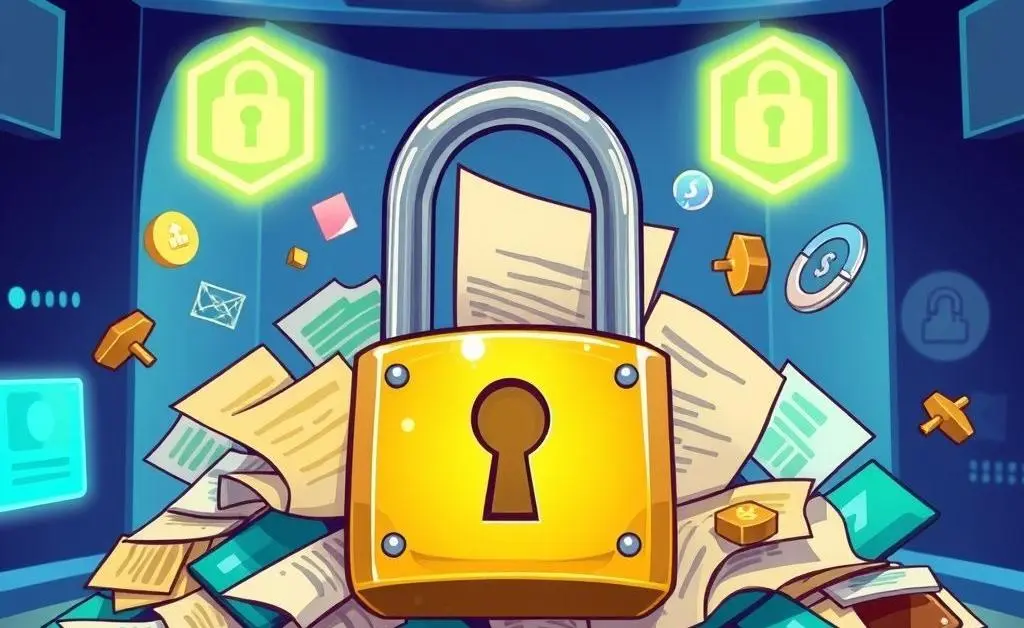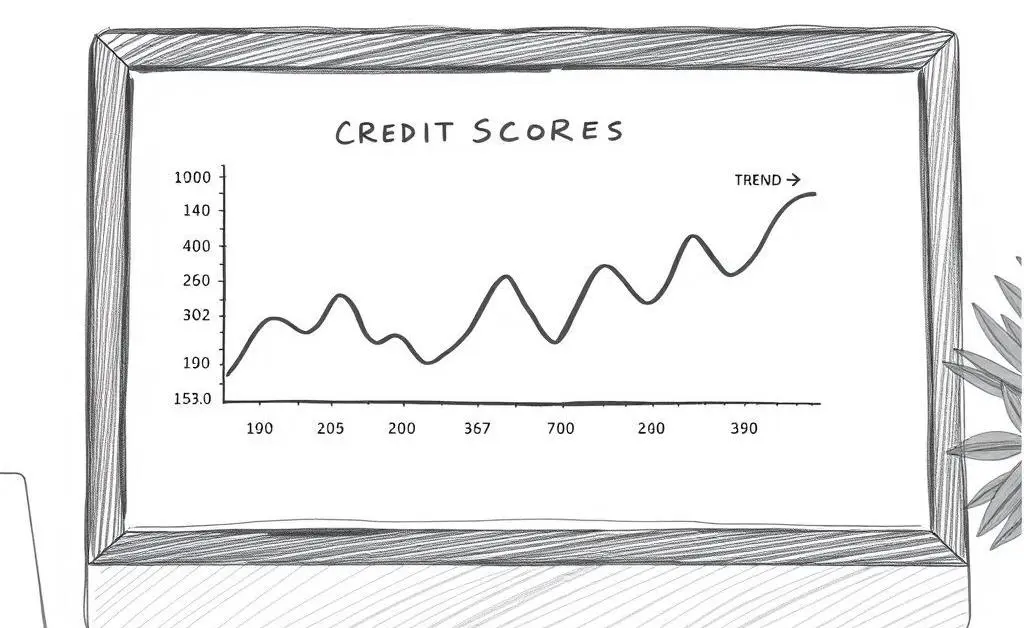Protecting Your Financial Privacy: How to Keep Credit Bureaus in Check
Learn essential tips to safeguard your financial privacy from credit bureaus.

Hey there, finance-savvy friends! If you've ever worried about how your personal information is used by credit agencies, you're definitely not alone. In our digital age, safeguarding your financial privacy can feel like a complex maze. Thankfully, I've discovered some practical steps to help you navigate this tricky landscape and keep your credit information secure.
Why Financial Privacy Matters
It may seem obvious, but protecting your financial privacy is crucial for maintaining your overall security. Credit bureaus hold heaps of personal data, and access to it can influence everything from your interest rates to job opportunities. Who wants unauthorized organizations peeking into their finances, right?

How Do Credit Bureaus Get Your Information?
Credit bureaus collect your data from several sources, like banks, credit card companies, and even rental agencies. They compile this info to create your credit report, which reflects your creditworthiness. However, issues can arise if this information is shared indiscriminately.
Steps to Protect Your Financial Data
Now, let’s dive into what you can do:
- Regularly Monitor Your Credit Report: This ensures there are no unexpected surprises. You can receive a free annual credit report from each major bureau.
- Place a Fraud Alert: If you feel your data is at risk, place a fraud alert on your credit report, so creditors must verify your identity before opening new accounts.
- Opt-Out of Marketing Offers: You can limit access to your data by opting out of pre-screened credit card and insurance offers.
- Consider subscribing to identity theft protection services that offer dark web monitoring and financial monitoring. These services act as an extra layer of security.
- Being proactive can save you from a world of financial and emotional stress. By taking a few simple actions, you can gain more control over who accesses your financial history. Remember, this isn't just about numbers; it's about your peace of mind. What steps will you take today to protect your financial well-being?
- Share your thoughts and any additional tips you have in the comments below. Let's help each other stay secure!
Conclusion: Stay Informed, Stay Secure

Embrace Additional Security Tools





